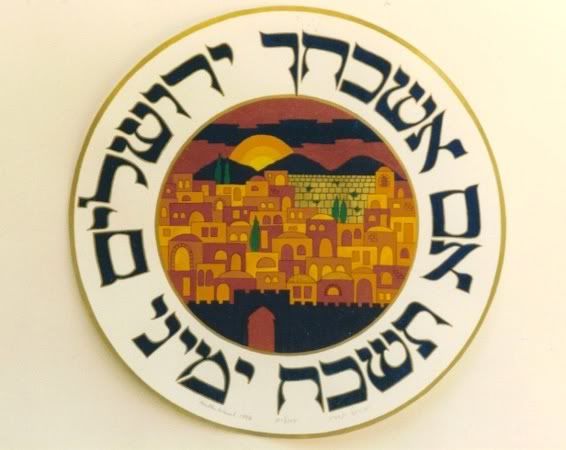All discussions start with the Gemara in Beitza (4b):
*- [Before the destruction of the Temple when Rosh Chodesh was determined the news was sent from the Beit Din to the out laying communities; this sometimes took longer than 15 days which would have been a problem for Pesach and Sukkot which both fall on 15th, so the CHoL (Chulz L’Aretz) communities enacted Yom Tov sheini to prevent this problem]מאי טעמא עבדינן תרי יומי? - משום דשלחו מתם: הזהרו במנהג אבותיכם בידיכם, זמנין דגזרו שמדא ואתי לאקלקולי
Why do we observe two day? Because they sent word from there (Palestine)*. Give heed to the customs of your ancestors which have come down to you; for it might happen that the government might issue a decree and it will cause confusion (in ritual observance).
The Gemara is curious, why should we observe Yom Tov sheini if we have a fixed calendar system? The Gemara answers, because it is a minhag of your fathers. We (in ChoL) observe Yom Tov sheini then out of doubt (safek) of when Rosh Chodesh starts in Jerusalem.
Even if we know when Rosh Chodesh starts, according to the Gemara, we should still follow the minhag of Yom Tov sheini because we’re worried about a Government decree. What is this decree the Gemara is talking about? It could be the forbidding of some ritual aspect of the holiday (Rashi seems to think so); in a more contemporary setting, out of fear that the Governments have the calendar wrong which would still cause mass confusion.
So when we travel from Chutz L’Aretz to Israel what do we do?
This answer also begins with a Mishnah (Pesachim 4:1):
It seems from this Mishnah that a visitor should follow his normal minhagim, as well as minhag hamakom.משנה. מקום שנהגו לעשות מלאכה בערבי פסחים עד חצות - עושין, מקום שנהגו שלא לעשות - אין עושין. ההולך ממקום שעושין למקום שאין עושין, או ממקום שאין עושין למקום שעושין - נותנין עליו חומרי מקום שיצא משם, וחומרי מקום שהלך לשם. ואל ישנה אדם מפני המחלוקת.
In a place whose custom is to do melacha until chatzot on erev Pesach, do it. In a place [where melacha] is not done, don’t do it. [If you] Travel from place where they perform [melacha] to a place they don’t [perform melacha] or vice versa; We place on him the restrictions of the location from which he departed and the restrictions of the place he as arrived.
The Gemara (Pesachim 51a) adds:
דתנן נותנין עליו חומרי המקום שיצא משם וחומרי המקום שהלך לשם. אמר אביי הני מילי - מבבל לבבל, ומארץ ישראל לארץ ישראל. אי נמי - מבבל לארץ ישראל. אבל מארץ ישראל לבבל - לא, כיון דאנן כייפינן להו - עבדינן כוותייהו. רב אשי אמר אפילו תימא מארץ ישראל לבבל. הני מילי - היכא דאין דעתו לחזור, ורבה בר בר חנה דעתו לחזור הוהWe learned: We place on him the restrictions of the location from which he departed and the restrictions of the place he as arrived. Abaye said: That is only [when traveling] from Babylonia to [another town in] Babylonia, or from Palestine to [another in] Palestine, or from Babylonia to Palestine; but not [when traveling] from Palestine to Babylonia, since we submit to them, we do as they. R. Ashi said: You may even say [that this is also true when a man goes] from Palestine to Babylonia; this is, however, where it is not his intention to return; but Rabbah b. Bar Hanah had the intention of returning.
The Gemara is describing a situation where Rabbah bar Bar Hanah is accused of eating stomach fats that were asur in Babylonia, but since he had the intention to return (to Israel) it was okay for him to do so. But the important part for us, is that things (minhagim) can change based on da'at l'hazar - intention to return.
Interestingly, the next section has Rabbah bar Bar Hanah telling his son that he cannot eat the fat for it is not his minhag (interesting sidepoint that many children of Israelis who have made yeridah still keep their parents minhagim, maybe they should not, this Gemara is pretty explicit that they shouldn’t).
To be continued… [We will be moving into the Halachic material and then Shut on this issue].

2 comments:
So if this is "to be continued" it's too early to mention the Hhakham Tzevi's opinion on this matter?
It's a little early, I'll get to it. Don't worry.
Post a Comment